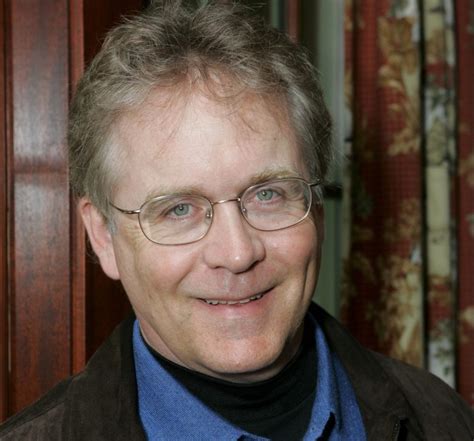A Quote by Aristotle
Not every action or emotion however admits of the observance of a due mean. Indeed the very names of some directly imply evil, for instance malice, shamelessness, envy, and, of actions, adultery, theft, murder. All these and similar actions and feelings are blamed as being bad in themselves; it is not the excess or deficiency of them that we blame. It is impossible therefore ever to go right in regard to them - one must always be wrong.
Related Quotes
If then, as we say, good craftsmen look to the mean as they work, and if virtue, like nature, is more accurate and better than any form of art, it will follow that virtue has the quality of hitting the mean. I refer to moral virtue [not intellectual], for this is concerned with emotions and actions, in which one can have excess or deficiency or a due mean.
At school he had done things which had formerly seemed to him very horrid and made him feel disgusted with himself when he did them; but when later on he saw that such actions were done by people of good position and that they did not regard them as wrong, he was able not exactly to regard them as right, but to forget about them entirely or not be at all troubled at remembering them.
When it is impossible to stretch the very elastic threads of historical ratiocination any farther, when actions are clearly contrary to all that humanity calls right or even just, the historians produce a saving conception of 'greatness.' 'Greatness,' it seems, excludes the standards of right and wrong. For the 'great' man nothing is wrong, there is no atrocity for which a 'great' man can be blamed.
Therefore all just persons are satisfied with their own praise. They refuse to explain themselves, and are content that new actions should do them that office. They believe that we communicate without speech, and above speech, and that no right action of ours is quite unaffecting to our friends, at whatever distance; for the influence of action is not to be measured by miles.
I could say analogously that tolerance is the affable appreciation of qualities, views, and actions of other individuals which are foreign to one`s own habits, beliefs, and tastes. Thus being tolerant does not mean being indifferent towards the actions and feelings of others. Understanding and empathy must also be present.
It was so much easier to blame it on Them. It was bleakly depressing to think that They were Us. If it was Them, then nothing was anyone's fault. If it was us, what did that make Me? After all, I'm one of Us. I must be. I've certainly never thought of myself as one of Them. No one ever thinks of themselves as one of Them. We're always one of Us. It's Them that do the bad things.
A child is an eager observer and is particularly attracted by the actions of the adults and wants to imitate them. In this regard an adult can have a kind of mission. He can be an inspiration for the child's actions, a kind of open book wherein a child can learn how to direct his own movements. But an adult, if he is to afford proper guidance, must always be calm and act slowly so that the child who is watching him can clearly see his actions in all their particulars.
The difficulty in judging what type of behavior works well arises not only because a given course of action does not always produce the outcomes. Similar outcomes can occur for reasons other than the person's actions, which further complicates inferential judgment. Effects that arise independently of one's actions distort the influence of similar effects produced by the actions, but only on some occasions. Given a strong cognitive set to perceive regularities, even chance joint occurrences of events can be easily misjudged as genuine relationships of low contingent probability




































